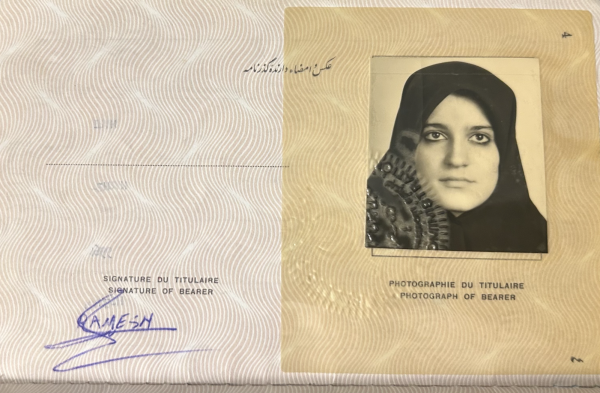Con
June 4, 2023
“The way to stop discrimination on the basis of race is to stop discriminating on the basis of race,” Chief Justice John Roberts said. It is a rather simple principle, but one that proponents of affirmative action dispute.
Simply put, affirmative action calls for discrimination against a group of people because of their race or ethnicity.
I don’t deny that affirmative action is rooted in good intentions. For years, our country suffered from an epidemic of racism that denied minorities opportunities in education and the workforce. To make up for that, schools now lower their standards of admission for African American and Latino students relative to white students and Asian Americans. However, the solution to prejudice is not more prejudice.
Affirmative action is meant to increase the opportunities afforded to minorities. A primary example of this is in universities, where minorities are given a boosted chance of admission simply because of the color of their skin. Therefore, affirmative action discriminates against white and Asian-American students.
Ideally, everyone would be afforded a stellar education at the university of their choosing, but that isn’t possible. There are a finite number of spots at universities, and for students to be denied acceptance because they don’t have the complexion of a minority is wrong. It’s discrimination.
When my grandfather graduated from Harvard Law School, he was denied job after job because he was Jewish. Although he graduated at the top of his class, many law firms wouldn’t hire a Jew. But the law firms which refused my grandfather a job should not be compelled to hire me to repent for their past antisemitism. I should have to work for that job like anyone else, regardless of race, ethnicity or religion.
Many supporters of affirmative action claim that affirmative action provides low-income applicants opportunities that wouldn’t otherwise be affordable due to their economic class. They believe that if these students were raised more wealthy, they would have performed better academically.
And while that may be true, affirmative action doesn’t address that problem. According to a study by professors from Duke University, the University of Georgia and the University of Oklahoma, “disadvantaged African American applicants do not receive the same admissions preference relative to their more advantaged African American peers.” Affirmative action doesn’t actually help the disadvantaged because wealthier minorities are reaping the admissions benefits.
Furthermore, affirmative action harms the minorities it is designed to help. According to Robert VerBruggen of the Manhattan Institute, there is a “tendency of students who receive large preferences to fall low on within-school measures such as class rank.” Students who are accepted into highly competitive universities despite lower academic performance often struggle with advanced classes. These students would thrive at universities better suited to their academic levels, but because of affirmative action, they are incentivized to attend more prestigious universities.
College acceptances are a zero-sum game. Every time someone gets accepted because of affirmative action, someone with better grades, higher test scores or stronger extracurriculars gets denied. Not everyone can get into the top colleges, but many students work hard to earn their spot, and to have it taken away from them because they don’t have the right skin color is wrong.
Affirmative action is a practice that must be abolished. It denies deserving students the opportunity to attend top universities while thrusting unprepared students into academic environments not catered to them. Affirmative action is not a response to discrimination; it’s a return to it.













